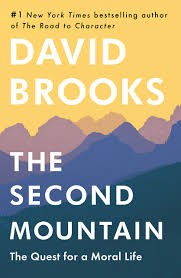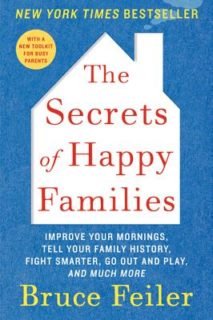So here we are, a month and a half into the new year. How are you doing on your New Year’s resolutions?
Research suggests that by the second week in February, on average 80% of New Year’s resolutions have already failed or been abandoned. 1 This inability to adopt new habits or extinguish old ones that no longer serve us isn’t just limited to New Year’s resolutions. It’s a pattern that characterizes much of human experience over time. This begs the questions “Why does happen?” and “What can we do about it?”
Recently, some of my colleagues and I studied James Clear’s popular book “Atomic Habits.” In this book, Clear lays out a simple, common sense framework for making habits stick. His basic approach is to focus on process, not outcomes.
Clear’s process has just four general principles or “laws”:
- To create a good habit, make it Obvious; to break a bad habit, make it Invisible;
- To create a good habit, make it Attractive; to break a bad habit, make it Unattractive;
- To create a good habit, make it Easy; to break a bad habit, make it Difficult;
- To create a good habit, make it Satisfying; to break a bad habit, make it Unsatisfying.
A recent example from my daughter:
“James Clear’s idea of compounding has made a tremendous difference in my life. I have been able to use already established habits to create new habits. For example, I have used my morning habit of drinking water as a trigger to create a new habit of daily gratitude by writing in my gratitude journal. Now when I drink my morning water, I automatically reach for my gratitude journal.”
By analogy, Clear’s approach also suggests something about how we might go about goal-setting and planning for things much bigger than New Year’s resolutions. One of the cornerstones of our work is optimizing multi-generational True Wealth – that which matters most – in every phase of life. Our process focuses on discovering and rediscovering those things that bring happiness, fulfillment, meaning, and joy to those in our circles of care. Inspired by Clear’s model, we might say:
- Focus on what will bring Happiness; move away from what may lead to Unhappiness;
- Focus on what will bring Fulfillment; move away from what may lead to Unfulfillment;
- Focus on what will bring Meaning; move away from what may lead to Meaninglessness;
- Focus on what will bring Joy; move away from what may lead to Joylessness.
Just as life’s distractions and temptations work against our New Year’s resolutions and our good habits, in the long run they can misdirect our attention and focus from what we truly value most. Perhaps the most important habit we can develop is the habit of periodically revisiting what matters most in every phase of life.
1How to make your New Year’s resolutions last, Melissa Ma, FSUNews.com, January 5, 2020




